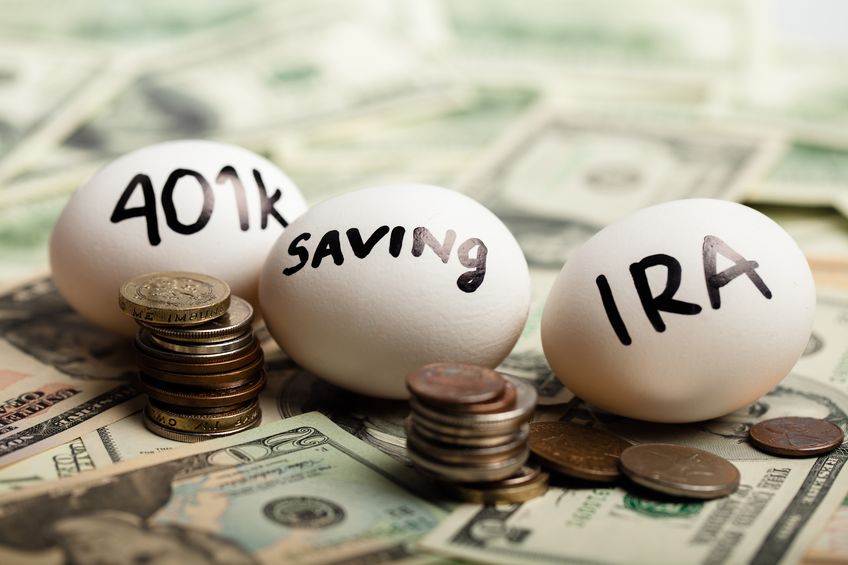
When you’re self employed, you’ve got a lot of responsibilities on your plate to keep your business afloat, but that doesn’t mean you can neglect saving for retirement. Unlike a traditional employee who may have a 401k plan, it’s all up to you to prepare for your financial future.
Fortunately, there are several retirement plans available for self employed people with many options to save for retirement on a tax-deferred basis. Learn more about the options available for you below:
Simplified Employee Pension IRA (SEP-IRA)
With a SEP-IRA, you have the opportunity to defer up to 25% of your net self-employment income into a SEP-IRA, up to a maximum of $56,000 in 2019.
Tax Benefits of SEP-IRA
SEP-IRAs offer great flexibility for the often unpredictable financial path of small business owners. If you have a stellar year in business, you can always put away a higher percentage; and if you have a bad year, you can reduce your contribution or not contribute at all.
Solo 401k
Best if you have no employees, with a Solo 401k plan, you can make annual salary deferrals up to $19,000 in 2019 (plus an additional $6,000 if you’re 50 or older). You can also contribute up to an additional 25% of your net earnings from self-employment for total contributions of $56,000 for 2019.
Tax Benefits of Solo 401k
New to being self employed? If you already have an individual retirement account rolled over from a previous employer’s 401(k), you can roll those retirement savings into your new Solo 401(k). Plus, you can take loans out against a Solo 401k if you need funds quick.
Savings Incentive Match Plan for Employees (Simple IRA)
Best if you own a larger business with up to 100 employees, with a Simple IRA you have the opportunity to defer all your net self-employment income into a Simple IRA, up to a maximum of $13,000 in 2019 (plus an additional $3,000 if you’re 50 or older), on top of either a 2% fixed contribution or 3% matching contribution.
Tax Benefits of Simple IRA
With a Simple IRA, you’re generally required to make a contribution to match each employee’s contribution (up to 3&), however the contributions made to employee accounts are deductible as a business expense.
Defined Benefit Plan
Best if you have no employees and are looking to save a lot for retirement annually, depending on your age, you could potentially put away $100,000+, with a maximum of $225,000 for 2019 per year for retirement.
Tax Benefits of Defined Benefit Plan
A defined benefit plan can be combined with other plans, plus the contributions to your defined benefit plan can be written off as business expenses, lowering your taxable income.
Need Help Deciding On a Self-Employed Retirement Plan? Let Us Help You!
With the multitude of self-employed retirement options, you’ll want to make sure you select the right plan for your financial future. Which self-employed retirement plan that is right for you depends on a number of factors including age, income, and how many employees you have. Our small business tax professionals can help guide you in the right direction for retirement. Contact us today at 818-242-4888 or fill out our contact form to schedule a free consultation to get started saving for retirement!




















